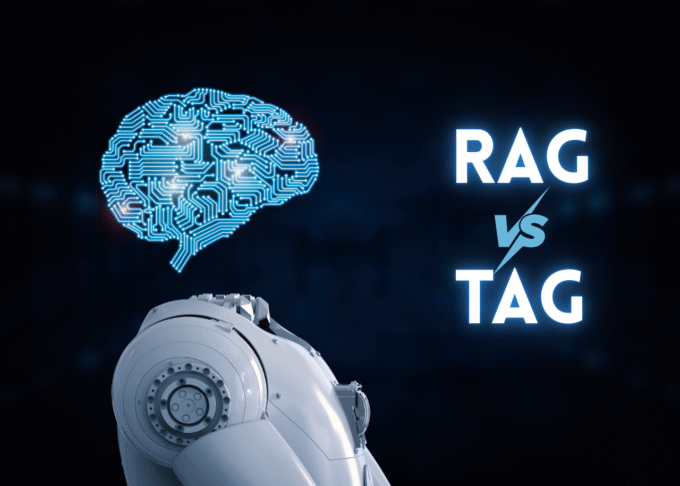Highlighting the critical importance of GDPR and responsible AI practices in building trust with customers. “GDPR and responsible AI, are not just legal obligations; they are ethical imperatives that ensure the responsible use of data and AI technologies.”
The Challenge of Ethical AI Implementation:
AI technologies raise ethical concerns related to data privacy, algorithmic bias, and transparency. Businesses must implement responsible AI practices to build trust and mitigate risks.
Key Ethical and Regulatory Considerations:
- Data Privacy Compliance: Adhering to GDPR and other data privacy regulations.
- Algorithmic Transparency: Ensuring that AI algorithms are transparent and explainable.
- Bias Mitigation: Implementing measures to prevent and mitigate algorithmic biases.
- Accountability and Responsibility: Establishing clear lines of accountability for AI decisions.
- Ethical AI Frameworks: Adopting ethical guidelines and frameworks for AI development and deployment.
Case Studies and Insights:
Companies that have proactively implemented GDPR compliance and responsible AI practices have experienced increased customer trust and brand loyalty. These examples demonstrate the business value of ethical AI implementation.
Building a Robust Ethical AI Framework:
To maximize the benefits of AI while minimizing risks, businesses must:
- Conduct Ethical Impact Assessments: Evaluating the potential ethical implications of AI applications.
- Implement Data Governance Policies: Establishing clear policies for data collection, storage, and usage.
- Foster a Culture of Ethical AI: Promoting ethical awareness and training within the organization.
The Future of Ethical AI:
The future will be driven by the development of standardized ethical AI frameworks and the implementation of AI-powered compliance tools. Businesses that prioritize ethical AI will build stronger customer relationships and gain a competitive advantage.















